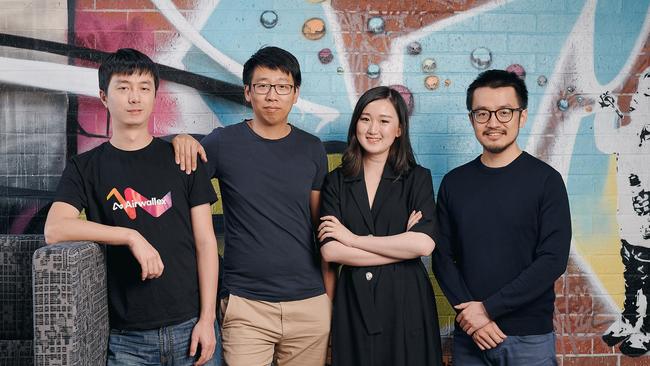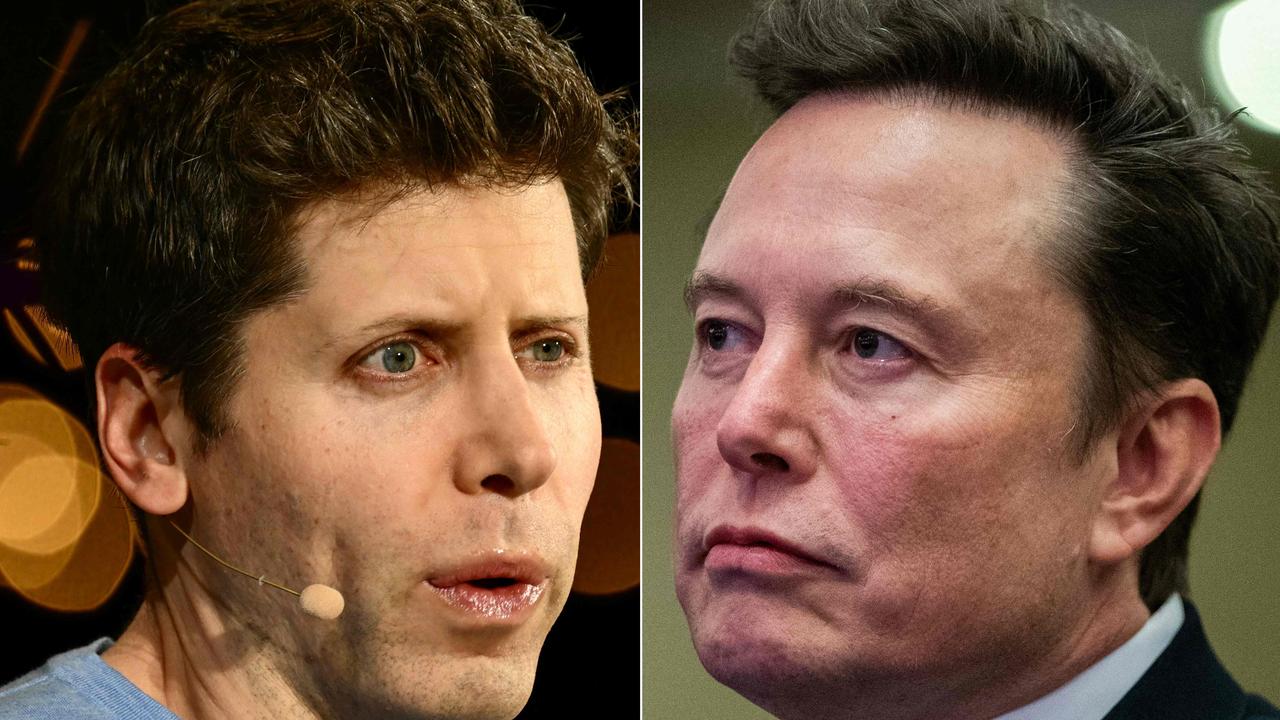
After decades of failure, Australia suddenly has a locally-based, quasi-international banking organisation covering 130 countries. And we also have developed a local answer to Amazon.
No matter what industry you operate in, technology means you are going to be subject to unprecedented change and competition, as well as opportunities, from unexpected directions.
We all know our homegrown Amazon, because Ruslan Kogan listed his enterprise on the ASX.
But few know the amazing achievements Jack Zhang and his team of “bankers” who took advantage of the old legacy systems of traditional banks to create a business that spans 130 countries.
I will return to Kogan later but our newest “banker”, Airwallex, arose from the Tukk & Co coffee shop in Melbourne’s Docklands, operated by Jack Zhang and Max Li.
They found the process of importing coffee cups and labels expensive and cumbersome, partly because of the legacy banking systems. Solving that problem looked like an opportunity and Zhang and Li joined three Melbourne University friends - Xijing Dai, Ki-lok Wong and Lucy Liu — and some family linked finance and in 2015 the Airwallex concept was born.
In principle, the idea was simple: create a system so that payments can be made in real time, at a cost of less than half a percentage point, via access to local and international clearing networks.
Zhang and his team designed a system that operated above the banking network, but which connected to it. It meant local banks could provide international services to their customers that their own cumbersome systems simply could not. And international banks were also bogged down in old systems.
What’s surprising about the achievements of the five friends is that at an early stage, international giants recognised they were on to something.
And so, the first capital raising after the family and friends backing included money from Mastercard and Chinese giant Tencent.
The next raising was led by the founder of Seek in Australia, Paul Bassatt, who now backs a start-up funding operation called Square Peg.
Among Airwallex’s other backers is DST Global, which was the primary investor in Facebook, Airbnb, Spotify and Stripe.
Essentially Airwallex constructed a technology layer (a so-called Application Programming Interface layer, or API) sitting on top of the systems of more than 50 banks around the world.
International commerce was made far cheaper and easier via this API and Airwallex now has 1000 large international corporate customers and tens of thousands of small enterprises, which it connects to 130 countries. No other banking organisation has such a reach.
The actual business did not get going until 2017 and in 2017-18 it achieved turnover of $US1.6billion. In 2018-19 it was $10.6 billion and the rate of growth is not slowing.
All the profits are being reinvested in the business, Amazon style, and now that such a network has been established, new products are possible. They include a local and international business payment card that can operate via a mobile phone. Airwallex has more than 250 on staff many working on new products.
Like all entrepreneurs, the Airwallex gang plans to undertake an IPO and become another set of rich US entrepreneurs. The original five still have a 50 per cent stake in the company and the latest capital raising values that stake at $US500million, or $100 million each. But at the moment, the five are a clear illustration of the opportunities new technology offers for those who look around at what they are doing - and for Zhang and Li it was a coffee shop - and say: “Can that can be done better?”.
And in essence that’s also what Ruslan Kogan did. He looked at the retail scene and realised that the internet would slash the role of retail stores and that the legacy systems involving wholesalers, distributors, and store-based retailers was high-cost. Conceptually, it was a very similar to seeing that the international money exchange system was high-cost and inefficient.
Kogan accesses his goods supply directly, puts his brand on the products and sells via the net. He’s now branching out, but that is the core business. It is capitalised at $500 million, putting it well above Myer, which a decade ago was perfectly placed to undertake a similar exercise because it had a unique customer base. Yet instead, its CEOs concentrated on the retail stores.
Kogan now has 1.6 million shoppers, which is a great customer base but he now faces the international might of Amazon.
The latest capital raising for Airwallex valued the enterprise at $1 billion, or twice what Kogan’s worth. The Airwallex business is about the world. Amazon has the world retail market and at the back of their minds, the Airwallex team probably see themselves as the Amazon of banking.



